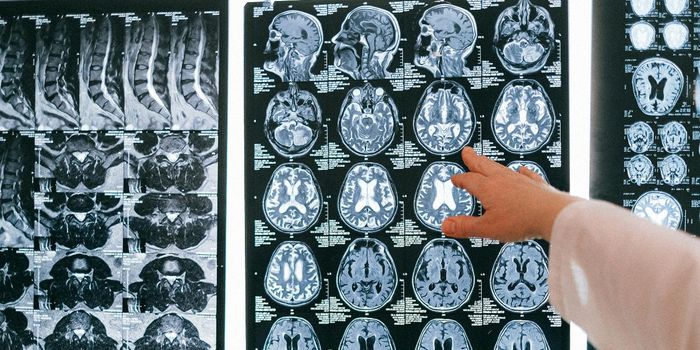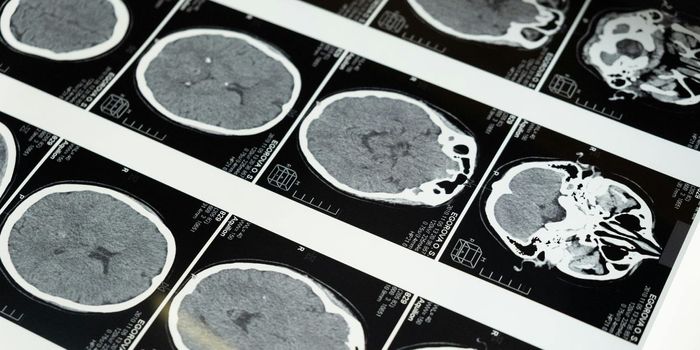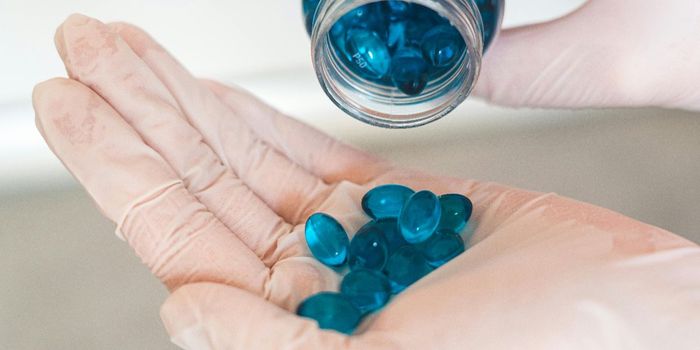Can Scientists Mimic The Effect of Exercise to Improve Memory?
Dementia is a growing problem for healthcare providers, patients, and families. The WHO estimates that globally more than 47 million people are living with some form of dementia.
Not all forms of dementia are the same, however. Alzheimer's disease (AD) is probably the most well known. The memory loss and cognitive decline found in AD is caused by tangles of proteins in the brain that interfere with neurotransmission. Recent research by scientists at Massachusetts General Hospital (MGH) suggests the neurogenesis, which is the formation of new neurons, can improve cognitive function in a mouse model but getting those cells to generate is difficult. Multiple research studies have shown that exercise can hold off dementia to a certain point and can improve function in the early stages of AD because it reduces inflammation in the brain and clan "clean up" cellular waste which allows for new cells to grow.
The problem is that many patients with AD are elderly or otherwise not able to get a lot of physical exercise. Knowing this, the team at MGH investigated possible ways to mimic the effects activity has on the brain. Dr. Rudolph Tanzi, Ph.D., the senior author of the work is the director of the Genetics and Aging Research Unit and also serves as the vice-chair of the Department of Neurology and co-director of the Henry and Alison McCance Center for Brain Health at Mass General. He explained, "In our study we showed that exercise is one of the best ways to turn on neurogenesis and then, by figuring out the molecular and genetic events involved, we determined how to mimic the beneficial effects of exercise through gene therapy and pharmacological agents."
In humans, brain cell production happens in the hippocampus and the striatum of the brain, it's known as AHN or adult hippocampal neurogenesis. It's a myth that humans do not produce new brain cells. Even into old age, new cells are generated when the brain learns a new skill or commits an experience to memory. The mechanism of how this works in neurodegenerative diseases like AD isn't fully understood, however. The study at MGH sought to optimize AHN in a mouse model to see if it could improve cognition and reduce the amount beta-amyloid plaques in the brain.
The lab animals in the study showed that exercise increased levels of AHN in the mice. While there were limited benefits to cognition in the animals, who had neurogenesis induced genetically and pharmacologically induced, the mice who upped their AHN via exercise showed better cognitive skills and reduced levels of beta-amyloid in the brain.
So why did exercise work better than drug targets or gene therapy? Dr. Se Hoon Choi, Ph.D., of the Genetics and Aging Research Unit at MGH is the lead author of the work. Choi explained, "We found the key difference was that exercise also turned on the production of brain-derived neurotrophic factor or BDNF – known to be important for the growth and survival of neurons – which created a more hospitable brain environment for the new neurons to survive. By combining drugs and gene therapy that both induced neurogenesis and increased BDNF production, we were able to successfully mimic the effects of exercise on cognitive function."
On the flip side, when AHN was blocked in the mice shortly after birth, they developed more severe cognitive deficits later in life, despite high levels of exercise. Dr. Tanzi explained that it was a two-part process, stating, "The lesson learned was that it is not enough just to turn on the birth of new nerve cells, you must simultaneously ‘clean up' the neighborhood in which they are being born to make sure the new cells survive and thrive. Exercise can achieve that, but we found ways of mimicking those beneficial cognitive effects by the application of drugs and gene therapy that simultaneously turn on neurogenesis and BDNF production." Check out the video below about Alzheimer's disease, what is right and what is a myth.
Sources: Massachusetts General Hospital, Science Magazine Harvard Gazette









